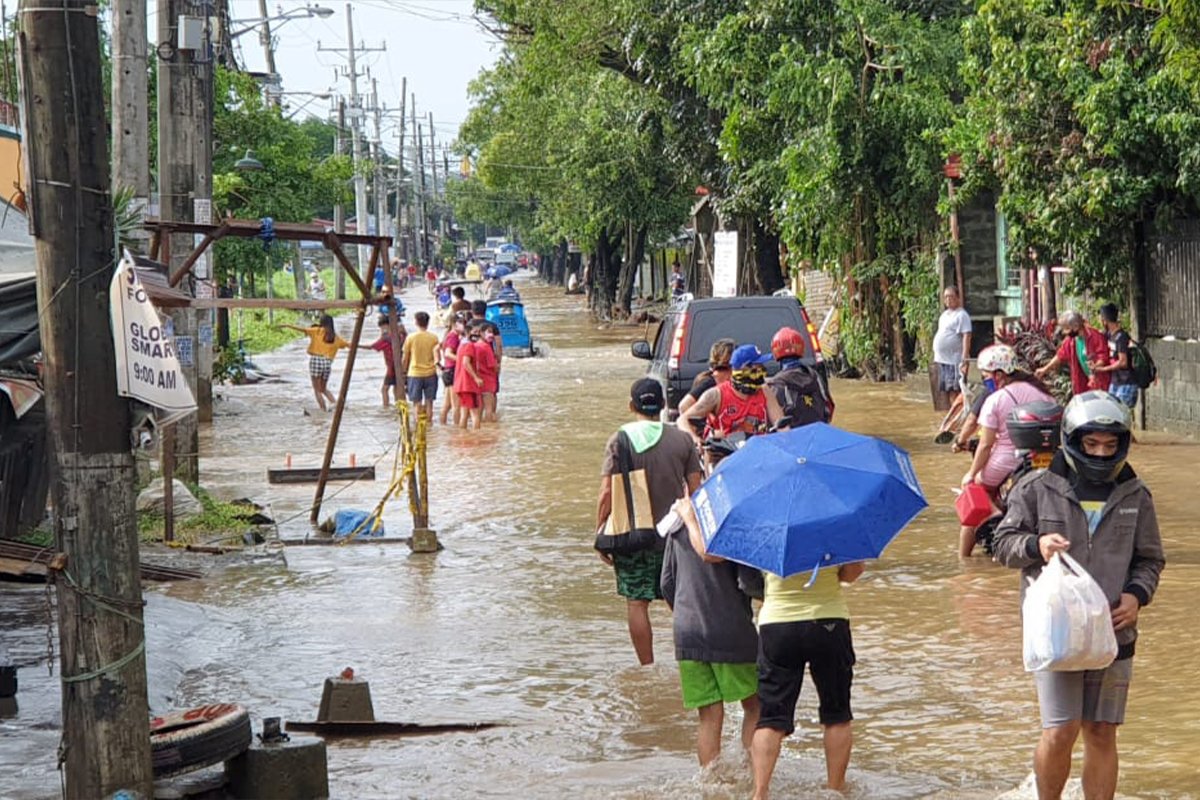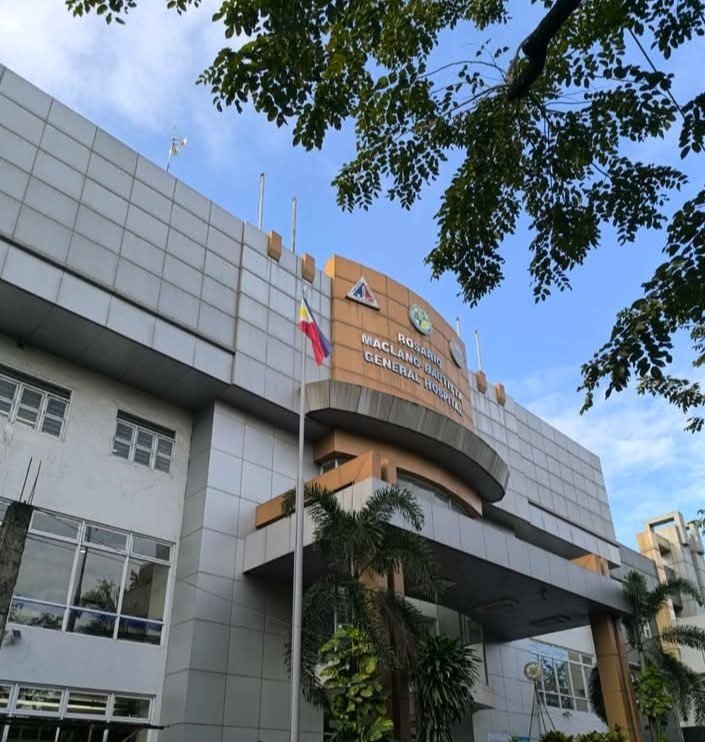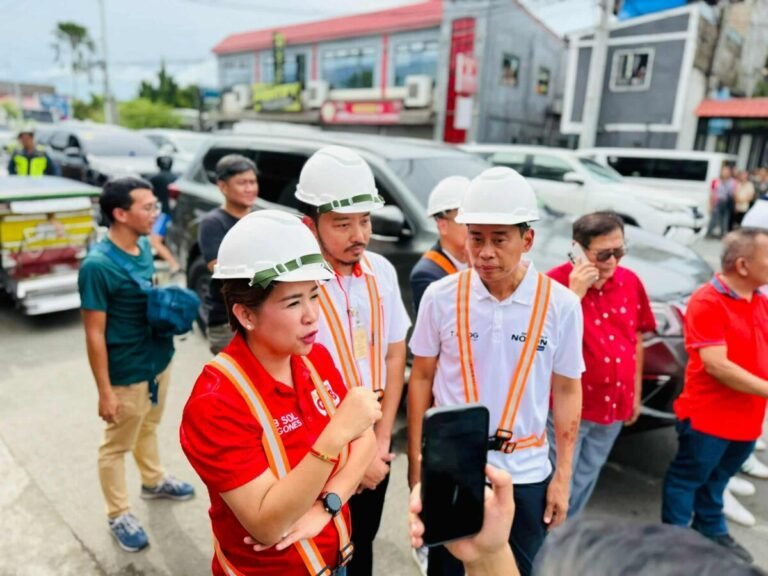
THE House Committee on Government Reorganization, in a joint meeting with the Committee on Disaster Resilience, approved this week the substitute bill seeking to create the Department of Disaster Resilience (DDR) as the principal government institution responsible for ensuring safe, adaptive and disaster resilient communities.
Speaker Ferdinand Martin Romualdez leads the list of principal authors of the measure that substituted 36 bills, including his House Bill No. 13.
The DDR shall be the primary government agency responsible for leading, organizing and managing the national effort to reduce disaster risk, prepare for and respond to disasters, recover and rehabilitate, as well as build forward better after the occurrence of disasters.
In the explanatory note of HB 13, Speaker Romualdez said a new DDR will effectively improve the institutional capacity of the government for disaster risk reduction and management, reduce the vulnerabilities surrounding the affected local population, as well as build the resilience of local communities to both natural disasters and climate change.
“Given its exposure to disaster risk, the Philippines cannot continue to have a focal disaster organization that only has coordinative functions. Our personal experience during typhoon Yolanda (Haiyan) has confirmed the complexity of large-scale disasters undermines existing policies and structures. The current Disaster Risk Reduction and Management (DRRM) structure, where authority is shared, responsibility is dispersed, and resources are scattered, renders it difficult to operate an appropriate and immediate response, thus delaying critical disaster response and delivery,” he said.
Albay Rep. Joey Sarte Salceda, head of the technical working group (TWG) that crafted the substitute bill, highlighted that the Philippines is the country most at risk from the climate crisis based on a report published in 2019 by the Institute of Economics and Peace, and is also the country that suffered the greatest number of extreme climate-related events from 2009 to 2019, according to the Global Climate Risk Index.
“Governance mechanisms focused on climate-related risks is a key strategy for climate change adaptation,” he said.
He said the country also scored the highest among 193 countries in the World 2022 Risk Index Report by Bundnis Entwicklung Hilftand, the Institute for International Law of Peace and Armed Conflict at Ruhr University Bochum (IFHV).
Salceda said the country’s highest vulnerability scores are in the areas of “lack of coping capacities” and “lack of adaptive capacities.” “This indicates that the country can make adjustments in its institutional framework for disaster risk reduction, response and management,” he said.
He pointed out that a key weakness of Republic Act 10121 is that the National Disaster Risk Reduction and Management Council (NDRRMC), which it institutionalizes, is not a focused agency with capacity to implement programs, activities and projects, including pre-disaster activities.
The proposed DDR would manage and direct the implementation of national, local and community-based disaster resilience, management, response, recovery and rehabilitation programs, in coordination with relevant national government agencies, local government units, civil society organizations, academic institutions and other stakeholders.
General Santos City Rep. Loreto Acharon, a vice chairman of the Committee on Government Reorganization, and Bukidnon Rep. Laarni Roque, a member of the Committee on Disaster Resilience, co-presided the joint meeting.





